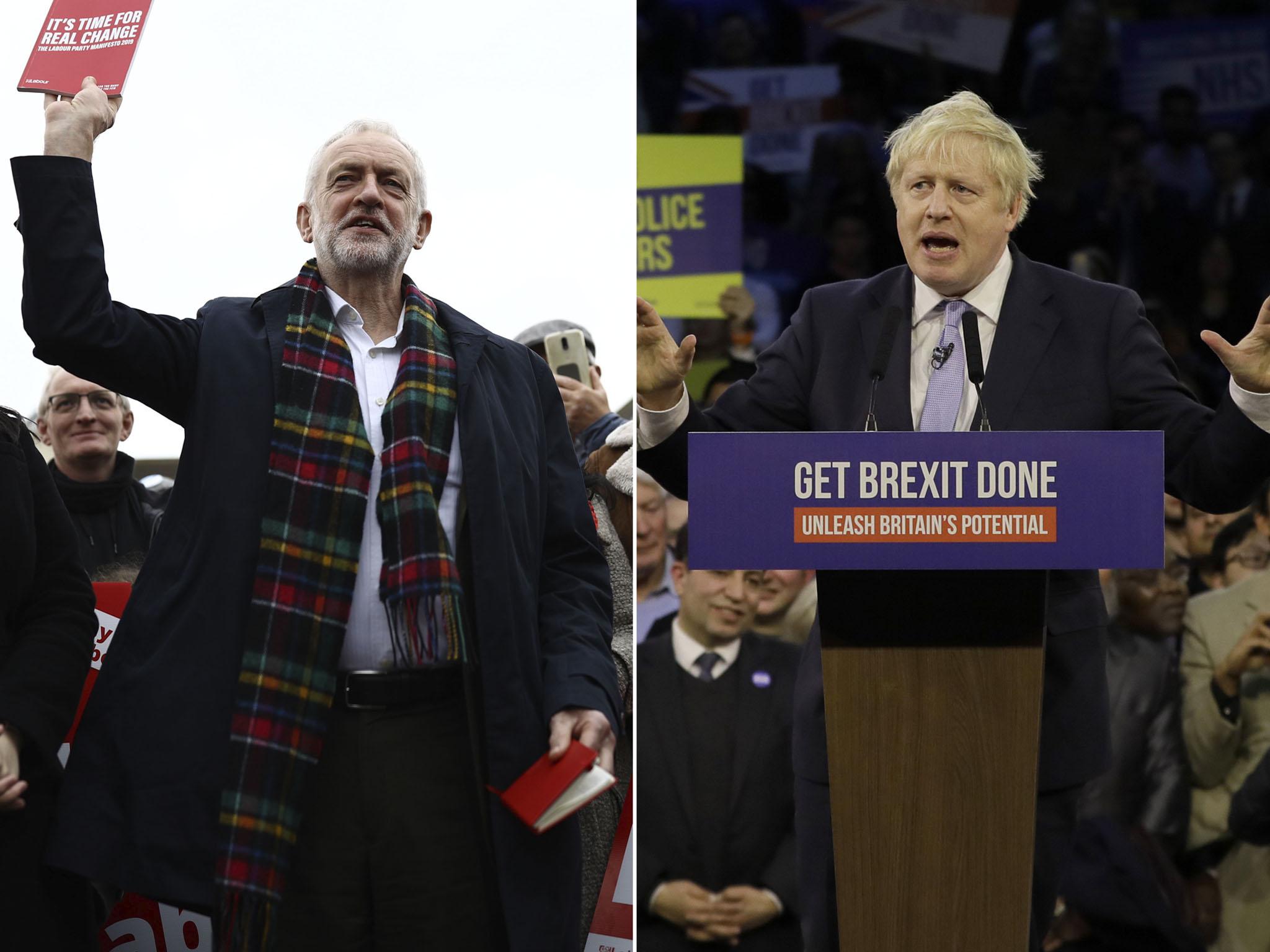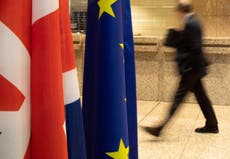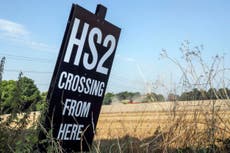Both the Conservatives and Labour see a role for the state in the economy – the question is how big?
Labour has an opportunity under its new leader to exploit the fact that it is the natural party of state intervention


Jeremy Corbyn was widely ridiculed for claiming that the Labour party “won the argument” in the wake of an historic defeat that saw Boris Johnson take an 80-seat majority in the House of Commons. But perhaps he had a point.
Back in the pre-Brexit nirvana, general elections used to send a clear signal of what type of economy people wanted. If they wanted a free enterprise, low tax, light regulation and small state economy, they would vote Conservative. Thus Margaret Thatcher and David Cameron came to power.
If they wanted high public spending paid for out of tax with tighter regulation on offending companies, they could — less frequently, it seems — choose a Labour government in the form of Harold Wilson and Tony Blair.
The 2019 election debate muddied that division. The campaign was overshadowed by the debate over Brexit — just as the entire British civil service has been wrapped up in the tortuous negotiations to leave the European Union since June 2016.
But beneath the surface were two offers, not between small state and large state, but between enormous state and medium sized state. Whether they know it or not, politics moved decisively away from an era of Thatcherism where Thatcher herself, John Major, Blair and to a lesser extent all politicians operated under similar pro-market tenets.
Instead we are now in an era where both main parties acknowledge the role that the public sector can play in driving economic growth and reducing inequality. Whether this coming decade will be called Corbynite in the way the previous four were seen as Thatcherite is yet to be seen.
It should be stressed that the two offers were very different. Labour wanted to nationalise the rail, mail, water, and energy industries. It then added the broadband part of BT. It wanted to raise the minimum wage to £10 an hour and build 100,000 council homes and 50,000 housing association properties.
While the Tories attacked this agenda, they too pledged the raise the minimum wage, to spend £6.3 billion on 2.2 million disadvantaged homes, and build a new rail line linking Manchester and Leeds.
In the meantime, they have rescued the regional airline and nationalised Northern Rail, with South Western railways possibly not far behind.
Since winning scores of former Labour seats in the defeated party’s “red wall”, there have been hints that the forthcoming March Budget will see investment aimed at the north and midlands.
The significant point is that for the first time in almost half a century, the door is open to greater state involvement in the economy.
There is a long way to go. The UK’s public sector total spending to GDP ratio was 39.3 per cent of GDP in the 2018-19 fiscal year, less than the 45 per cent in Thatcher’s first administration and far below the spending by the post-war Attlee government.
So far, the debate has been dominated by political slogans. Labour leadership contender Rebecca Long-Bailey has challenged her rivals to commit to all the party’s manifesto pledges.
Conservatives spending plans are very cynically aimed at parts of the country that happened to “lend” them their votes without any clear underlying strategy. The HS2 project that may cost £106 billion will go ahead even its flaws are obvious because to cancel it would send the wrong political signal.
The Red Book that is published with the Budget setting out the hard figures for the next five years will show quite how interventionist the government will be. The £100 billion of investment over five years on hospitals, schools and infrastructure that Chancellor Javid promised before the election is not going to cut it.
An extra £20 billion a year when capital expenditure in the 2018/19 fiscal year was £62.5 billion shows much more investment will be needed. Taxes will have to rise, and the burden will have to be shared more widely across the population than either party has so far envisaged.
But even if the Budget does not herald a major upswing in public spending, the battleground has clearly shifted away from whether the government should invest more into the economy, to how much it should spend and in what areas.
Thanks to low interest rates, the state can borrow cheaply to fund investments in transport and sites that may not be commercially viable for private developers alone
But effective state intervention into the economy that can deliver long-term sustainable growth should neither be a batch of vote-catching projects as the Tories would like, nor a rollcall of renationalisations that Labour offered before polling day.
Labour has an opportunity to exploit the fact that it is the natural party of state intervention. If the next election is to be fought on the basis of which party can get the most out of public sector investment, the new Labour leader has four years to ensure they are best placed to win that particular argument when it comes.




Join our commenting forum
Join thought-provoking conversations, follow other Independent readers and see their replies